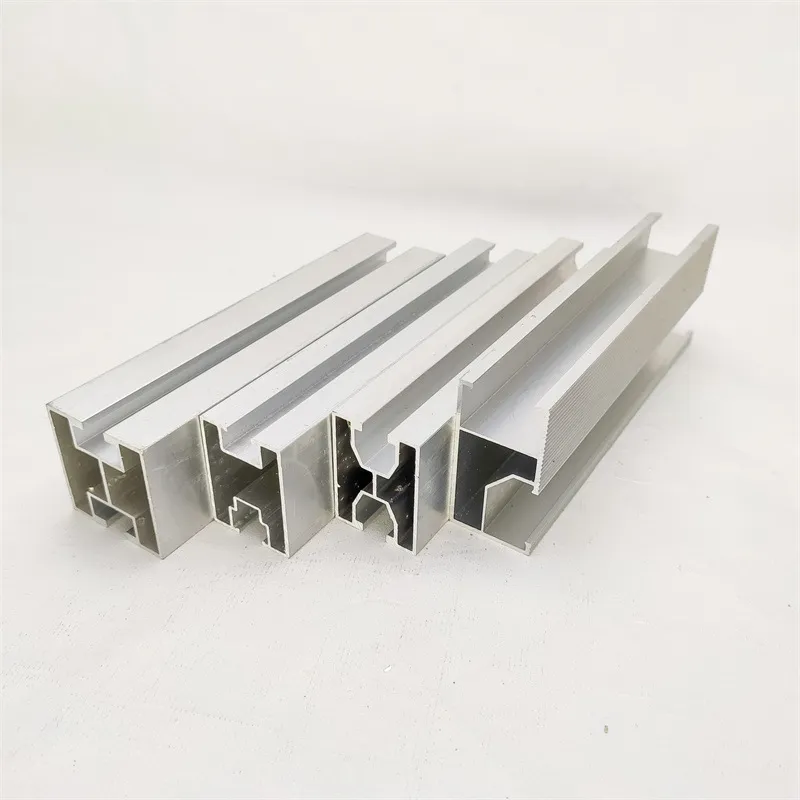

M24 Flange Nut Specifications and Best Uses in Mechanical Applications
Nov . 17, 2024 23:31 Back to list
M24 Flange Nut Specifications and Best Uses in Mechanical Applications
Understanding the M24 Flange Nut A Key Component in Engineering
The M24 flange nut is a critical component in various engineering applications, valued for its unique design and functionality. As one of the numerous types of nuts used in conjunction with bolts and screws, the M24 flange nut offers distinct advantages, making it a preferred choice in industries ranging from construction to automotive.
What is an M24 Flange Nut?
The designation M24 indicates that the flange nut is designed to fit a metric bolt with a nominal diameter of 24 millimeters. This type of nut is distinguishable by its wider base, known as the flange, which provides additional surface area against the material it is fastening. The flange effectively distributes the load over a larger area, reducing the risk of damage to the surface and preventing the nut from pulling through the material.
Benefits of Using M24 Flange Nuts
1. Load Distribution The flange allows for better load distribution, which is particularly beneficial in applications where strength and support are critical. This distribution minimizes stress concentration and enhances the joint’s overall integrity.
2. Reduced Risk of Loosening M24 flange nuts often provide better resistance to loosening compared to standard nuts. The flange acts as a wedge that can hold the nut in place even under vibration, making it ideal for machinery and vehicles subject to dynamic loads.
3. Surface Protection By increasing the area of contact, the flange also helps protect the surface beneath the nut. This is particularly valuable when working with softer materials that may deform under pressure, ensuring that the fastening point remains secure over time.
m24 flange nut

4. Ease of Installation The design of the flange nut simplifies installation. Unlike other types of nuts that may require a separate washer for load distribution, the flange nut combines both functions, streamlining the assembly process.
Applications of M24 Flange Nuts
The versatility of M24 flange nuts makes them suitable for numerous applications. In automotive engineering, they are often used in securing engine components and chassis assemblies where high strength is required. In construction, these nuts can be found in structural steel connections, ensuring that beams and columns are securely fastened. Additionally, in machinery manufacturing, M24 flange nuts are critical in providing secure and reliable fastening of various components.
Material Considerations
M24 flange nuts are available in various materials to suit different environmental conditions and load requirements. Common materials include stainless steel for corrosion resistance, carbon steel for strength, and nylon-coated variants for added protection against loosening. The selection of the appropriate material is crucial, as it directly affects the nut's performance in specific applications.
Conclusion
The M24 flange nut is an essential element in modern engineering, combining functionality, durability, and ease of use. Its design offers significant advantages in terms of load distribution and resistance to loosening, making it a reliable choice in demanding environments. As industries continue to evolve, the M24 flange nut will undoubtedly remain a fundamental component in ensuring the structural integrity and longevity of various applications. Understanding its benefits and applications allows engineers and designers to make informed choices that enhance overall performance and safety in their projects.
Latest news
-
Hot Dip Galvanized Bolts-About LongZe|High Strength, Corrosion Resistance
NewsJul.30,2025
-
High-Strength Hot Dip Galvanized Bolts - Hebei Longze | Corrosion Resistance, Customization
NewsJul.30,2025
-
Hot Dip Galvanized Bolts-Hebei Longze|Corrosion Resistance&High Strength
NewsJul.30,2025
-
High-Strength Hot-Dip Galvanized Bolts-Hebei Longze|Corrosion Resistance&High Strength
NewsJul.30,2025
-
Hot Dip Galvanized Bolts-Hebei Longze|Corrosion Resistance&High Strength
NewsJul.30,2025
-
Hot Dip Galvanized Bolts - Hebei Longze | Corrosion Resistance, High Strength
NewsJul.30,2025

